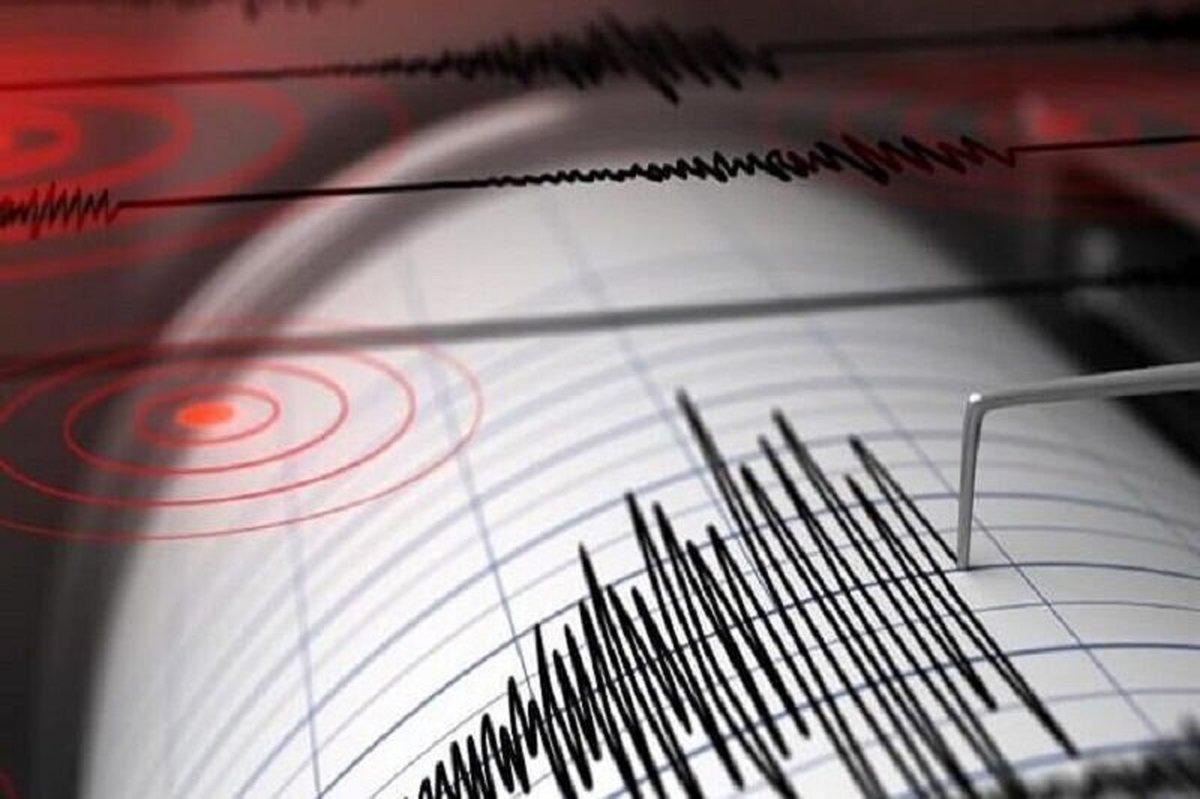
New research published in Science today tracks a global quieting of human-generated seismic noise in response to COVID-19 public health measures. As China and Italy, then the rest of the world went into lockdown, limited travel, and encouraged work-from-home, the high-frequency seismic buzz of street traffic, industrial machinery, and other daily human activities dramatically decreased. This quiet period is the longest and most prominent global anthropogenic seismic noise reduction on record.
The study started when Royal Observatory of Belgium seismologist and lead author Thomas Lecocq decided that the best way to tackle the problem of analyzing data from all around the globe was to share his method with the geoscience community. This launched a unique collaboration involving 76 authors from 66 institutions in 27 countries, including geophysicist Mika McKinnon of the SETI Institute.
This period of a global reduction in the seismic buzz of economic, industrial, and recreational activity has made it easier for researchers to detect faint seismic signals of extremely low magnitude earthquakes. These earthquakes are typically particularly difficult to detect during daytime in urban environments, leading scientists to preferentially place seismometers in remote, isolated locations that are seismically quiet. While the drop in human-generated noise is particularly noticeable at urban seismometers, a decrease in the Earth's seismic buzz is detectable even at sensors buried hundreds of meters deep.
"You can't keep secrets from the Earth," McKinnon explains. "Even if you're seeing crowds outside, this drop in seismic buzz is telling us most people are reducing travel and staying home for the common good."
Read the research article here: https://science.sciencemag.org/content/early/2020/07/22/science.abd2438/tab-pdf





